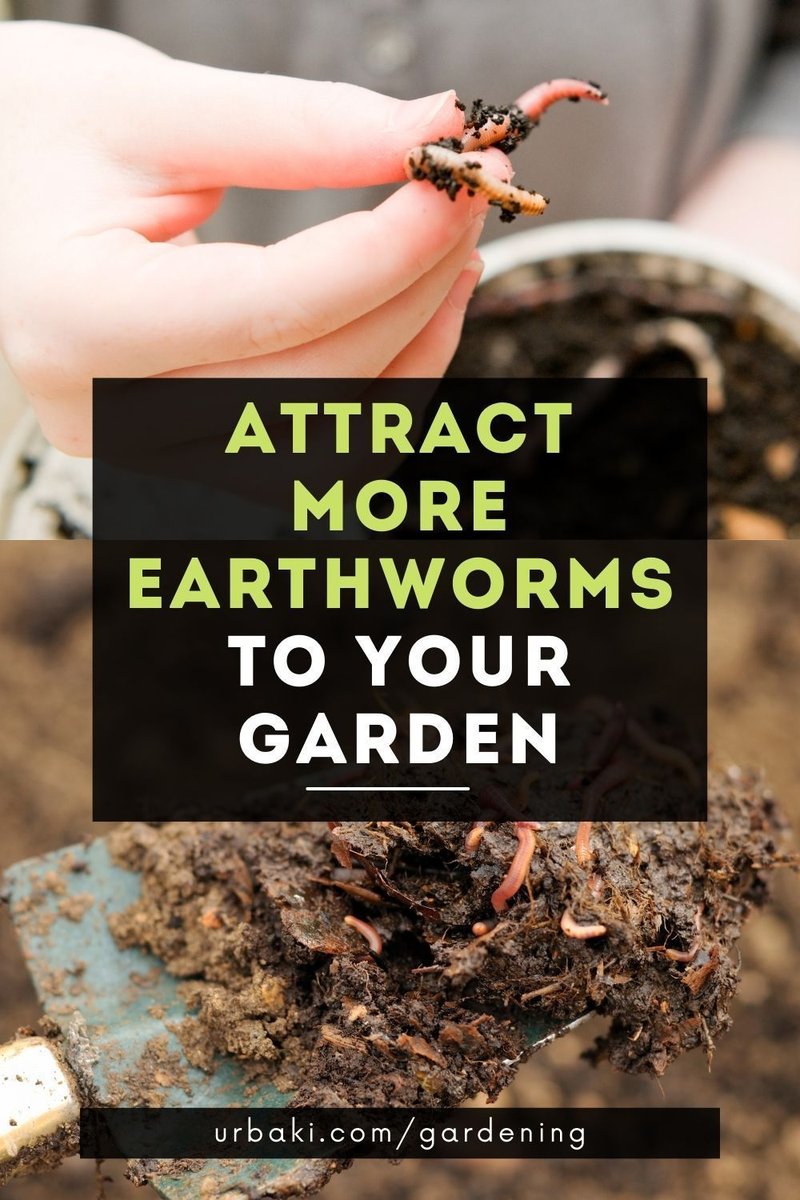
You might be wondering why it’s so crucial to focus on earthworms in the first place. Well, besides being beneficial for soil health, they’re also a great indicator of soil quality. If you have plenty of earthworms, your garden is likely in good shape. But yard work often means digging, raking, and sometimes removing debris, all of which can put these delicate creatures at risk. Let me explain some easy and effective ways to ensure that your garden cleanup is gentle on these little guys.
Understanding Earthworm Habitats
Earthworms spend most of their lives underground, creating a network of tunnels that help aerate the soil. They thrive in moist environments, usually found in rich organic matter like compost, decaying leaves, and grass clippings. This means that if you’re planning on sprucing up your garden, you’ll need to think about where these worms live and how you can keep their homes safe.
When you begin your cleanup, avoid disturbing the top layers of soil too much. Here’s the thing: the more you dig, the more likely you are to harm these worms. They might not appreciate being kicked around! Instead, consider using hand tools like a trowel or a spading fork to carefully remove debris or weeds while minimizing disturbance to the soil. For example, if you’re raking leaves, try to lift them rather than pulling them aggressively, which can damage the earthworm habitat underneath.
Timing Your Cleanup
Timing is everything, especially when it comes to protecting earthworms. Early spring or late fall are generally the best times for garden cleanup, as soil temperatures are cooler and moist conditions are more likely to occur. This helps to keep earthworms active and in the shallow layers of soil where they’re easiest to find.
You might be tempted to jump into cleanup right after a heavy rain. While it may seem logical since the ground is soft, earthworms often come to the surface during wet weather. If you begin your cleanup during this time, you could unintentionally harm them. Try to wait until the soil dries out a bit, allowing you to work without disrupting their habitat.
Using Eco-Friendly Practices
The way you approach garden cleanup can make a huge difference for the earthworms. If you’re using chemicals or pesticides, it’s vital to consider their impact. Many of these substances can be harmful not just to pests but also to beneficial soil organisms like earthworms. Instead, think about natural alternatives for pest control, such as introducing beneficial insects or planting companion plants that deter pests.
Mulching is another eco-friendly practice that benefits both your plants and earthworms. By adding a layer of organic mulch, like straw or shredded leaves, you provide a protective covering for the soil. This not only helps retain moisture but also offers shelter for earthworms while they do their job. Plus, as the mulch breaks down, it adds nutrients back into the soil, creating an inviting environment for these little soil dwellers.
Creating Safe Spaces for Earthworms
During garden cleanup, it’s essential to create safe spaces where earthworms can thrive. One simple way to do this is by leaving some areas of your yard untouched. Designating sections as “wild” allows earthworms to flourish without the risk of being disturbed. Think of it as giving them their own sanctuary where they can wiggle around freely.
You can also build a compost bin to offer worms a safe and rich environment. When you add kitchen scraps and garden waste to the bin, it becomes a perfect food source for earthworms. In return, they help break down the material, creating nutrient-rich compost that benefits your garden. Just ensure your compost pile is well-aerated and moist, as worms love those conditions.
Handling Garden Debris Carefully
When it comes to removing garden debris, keep in mind that what you think of as waste may be home to some earthworms. As you gather fallen leaves, branches, or trimmings, take a moment to check for any worms before tossing them aside. You might be surprised at how many are hiding among the compostables!
If you find earthworms while cleaning up, gently place them in a safe location, like a nearby garden bed or compost pile. This simple gesture can help keep the earthworm population healthy. It’s a small act, but every little bit counts when we’re working to maintain a balanced ecosystem.
Educating Others About Earthworms
As a gardener, you can spread awareness about the importance of protecting earthworms not just in your own garden but in your community too. Share your knowledge with family, friends, and fellow gardeners. Host a workshop or write a blog post—like this one!—to help others understand how crucial these creatures are for soil health.
Encourage your community to adopt earthworm-friendly practices during their own garden cleanups. The more people who understand their role in the ecosystem, the more we can protect these valuable little helpers. Remember, a healthy garden is a thriving one, and it all starts beneath the soil.
Protecting earthworms during garden cleanup is all about being mindful of their habitat and the ecosystem at large. By understanding their role, timing your clean-up activities thoughtfully, and using eco-friendly practices, you can create a safe environment for these amazing creatures. Whether you’re creating safe spaces or handling debris with care, every step you take contributes to a healthier garden.
Next time you’re out in the garden, remember that those little squiggly worms are working hard beneath your feet. Give them some love and let them help you create the lush, thriving garden of your dreams! So, let’s roll up our sleeves and get to work, but always with a gentle touch.

